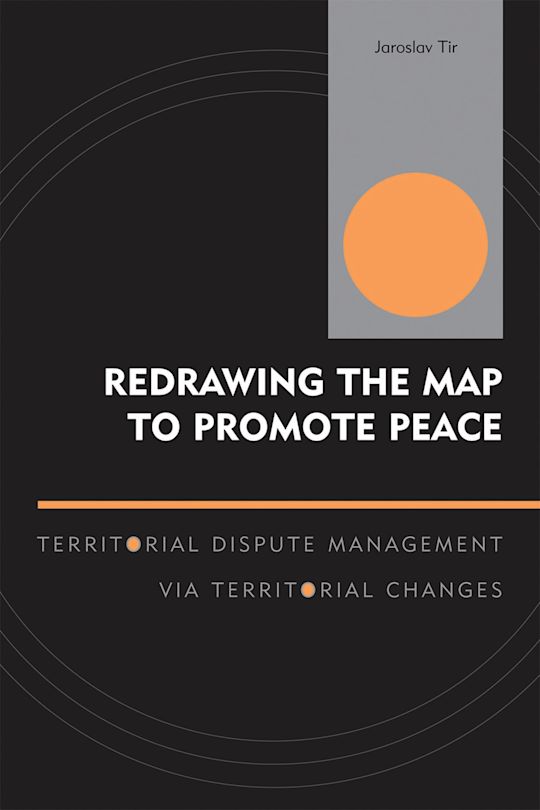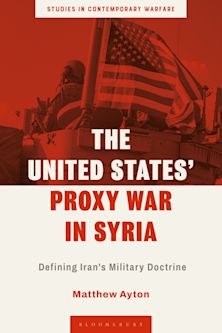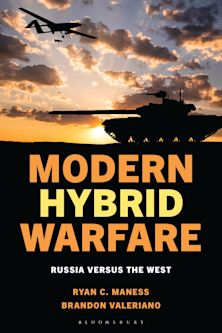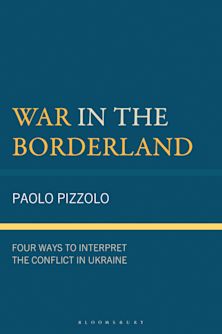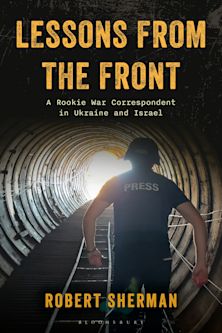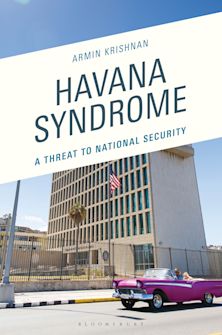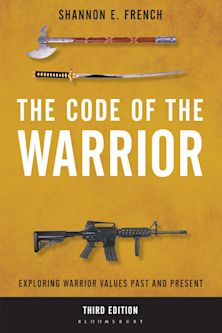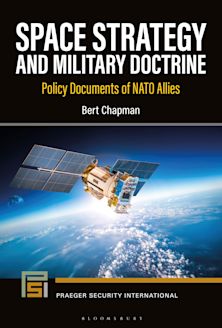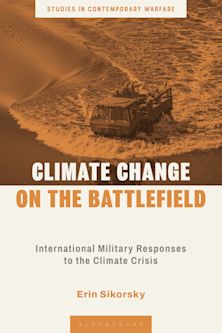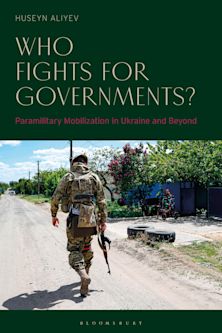- Home
- ACADEMIC
- Politics & International Relations
- Military Strategy and Warfare
- Redrawing the Map to Promote Peace
Redrawing the Map to Promote Peace
Territorial Dispute Management via Territorial Changes
Redrawing the Map to Promote Peace
Territorial Dispute Management via Territorial Changes
This product is usually dispatched within 3 days
- Delivery and returns info
-
Free CA delivery on orders $40 or over
You must sign in to add this item to your wishlist. Please sign in or create an account
Description
Redrawing the Map to Promote Peace, by Jaroslav Tir, primarily focuses on the management of territorial disputes and how they are altered by territorial change. Territorial shifts can sometimes lead to war, which is why Tir explores the contributing factors that lead to these disputes. He states two primary variables associated with the change-dispute relationship: the value of the territory in question and how the territorial changes occur. Tir also discusses three types of territorial change: interstate territorial transfers, secessions, and unifications. Despite the likelihood of territorial dispute stemming from territorial changes, this book provides evidence supporting the claim that territorial change can be handled in a manner that could decrease the probability of dispute. Tir offers insight into some contributing factors of these disputes and how they impact the hope for peace in the future.
Table of Contents
Chapter 2 Theoretical Linkages Between Territorial Changes and Subsequent Militarized Conflict over Land
Chapter 3 Research Design
Chapter 4 Aftermath of State-to-Stae Territorial Transfers
Chapter 5 Aftermath of Secessions
Chapter 6 Aftermath of Unifications
Chapter 7 Project Summary, Implications, and Extensions
Product details
| Published | Aug 19 2006 |
|---|---|
| Format | Paperback |
| Edition | 1st |
| Extent | 180 |
| ISBN | 9780739112861 |
| Imprint | Lexington Books |
| Dimensions | 232 x 150 mm |
| Series | Innovations in the Study of World Politics |
| Publisher | Bloomsbury Publishing |
About the contributors
Reviews
-
Tir's book makes an original and lasting contribution to study of international conflict. It provides an insightful empirically grounded study of the role of territorial changes in both conflict and peace. It is a book that every scholar, policy maker, and student interested in global conflict and peace will benefit from reading.
John A. Vasquez, Mackie Scholar in International Relations, University of Illinois at Urbana-Champaign
-
This book is a great step forward in the study of international conflict processes. A unified model linking territorial changes and future militarized conflict is developed and tested. The findings have implications for many areas of research, most notably, territorial conflict, ethnic conflict and temporal conflict diffusion. The book is a 'must read' for scholars with general interests in the international relations as well as specialists on conflict.
Patrick James, University of Southern California
-
Careless scholarly speculation and partisan rhetoric have long advocated changing territorial boundaries to solve conflicts. In this path- breaking work, Tir provides systematic, empirical evidence about such claims and discovers that reality is nowhere near as simple as those prescriptions suggest.
Paul F. Diehl, University of Illinois at Urbana-Champaign









